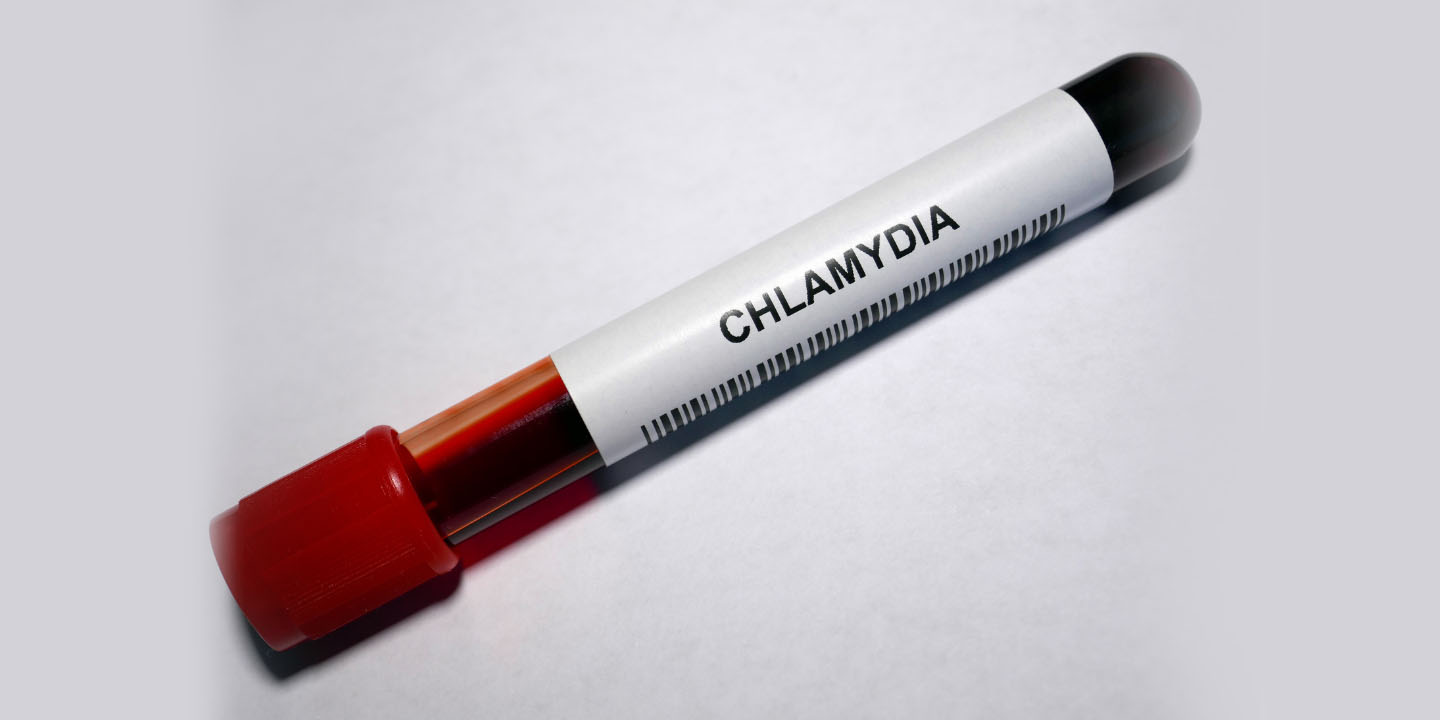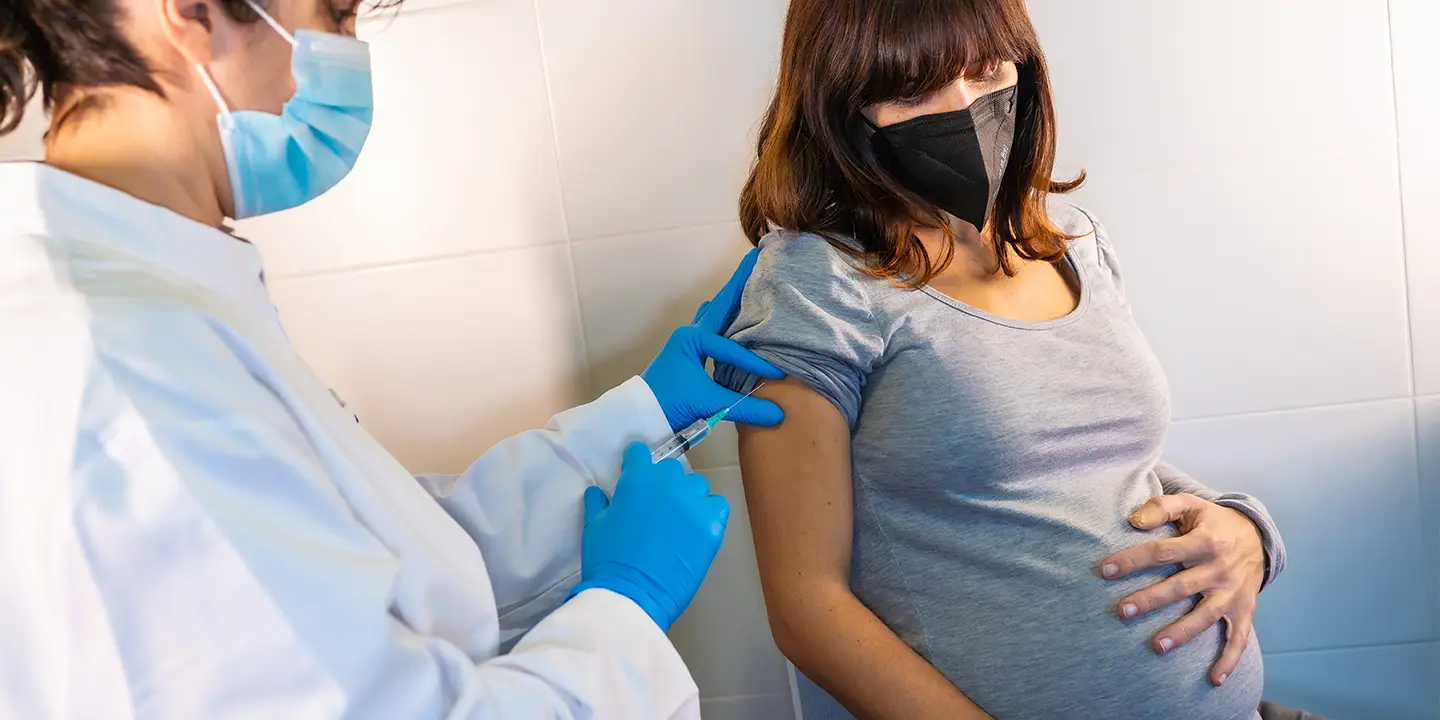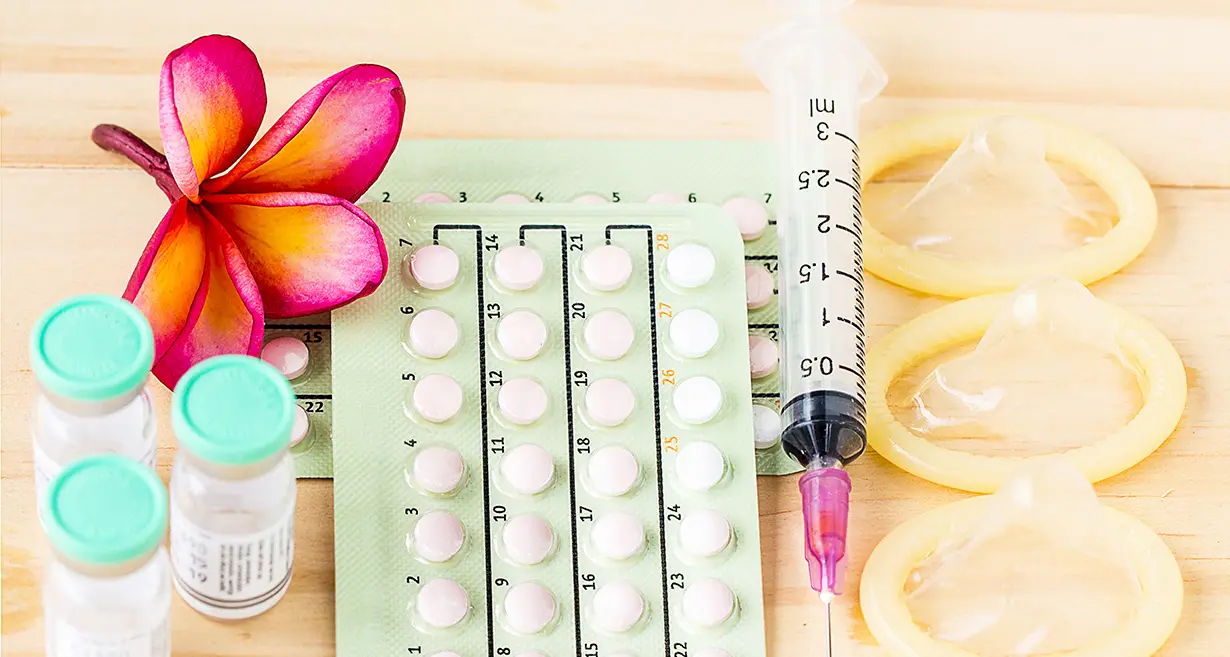
Hormonal changes during pregnancy can have a substantial effect on how the thyroid gland functions, which is crucial for metabolism and general health. The serum thyroid profile test is frequently advised by healthcare professionals to keep an eye on thyroid health and guarantee a healthy pregnancy. This in-depth blog post will cover the rationale for the Serum Thyroid Profile Test during pregnancy, the range of normal thyroid hormone levels, and the steps required in doing the test.
In this Article
Why Is Serum Thyroid Profile Test Performed During Pregnancy?
Your doctor may suggest a Serum Thyroid Profile Test during your pregnancy for the following reasons
Detection of Thyroid Dysfunction: Thyroid dysfunction can be identified with the Serum Thyroid Profile Test, which aids in identifying any abnormalities in thyroid hormone levels. Hormonal changes brought on by pregnancy might cause diseases like hypothyroidism (an underactive thyroid) or hyperthyroidism (an overactive thyroid). For the health of the mother and the developing infant, early diagnosis and treatment of these diseases are essential.
Prevention of Complications: Complications can include miscarriage, premature birth, hypertension, low birth weight, and problems with the baby’s development if thyroid diseases are not treated during pregnancy. Healthcare professionals can quickly identify and handle any thyroid-related issues using the Serum Thyroid Profile Test, reducing the likelihood of serious complications.
Adjustment of Medications: Pregnant women who were taking thyroid medication prior to becoming pregnant may need to change their doses, and the serum thyroid profile test can aid with this. Pregnancy frequently causes changes in thyroid hormone levels, necessitating adjustments in thyroid medication dosage.
Normal Levels Of Thyroid Hormones During Pregnancy
Depending on the lab and pregnancy trimester, the normal levels of thyroid hormones can change slightly. The following are the approximate typical thyroid hormone concentrations during pregnancy:
Thyroid-Stimulating Hormone (TSH)
- First trimester: 0.1-2.5 mIU/L
- Second trimester: 0.2-3.0 mIU/L
- Third trimester: 0.3-3.0 mIU/L
- Free T4 (FT4)
- First trimester: 0.8-2.0 ng/dL
- Second trimester: 0.7-1.9 ng/dL
- Third trimester: 0.6-1.9 ng/dL
- Free T3 (FT3)
- First trimester: 2.5-3.9 pg/mL
- Second trimester: 2.3-3.8 pg/mL
- Third trimester: 1.9-3.5 pg/mL
It’s crucial to remember that these are merely broad reference ranges; any laboratory may have different ranges. According to the trimester and the unique patient traits, healthcare experts will interpret the findings.
What Abnormal Levels of Thyroid Hormones During Pregnancy Indicate
Thyroid hormone levels that are abnormal during pregnancy can signify a number of disorders and present hazards to both the mother and the unborn child. Implications of abnormal thyroid hormone levels include the following:
Hypothyroidism: This condition is characterized by low thyroid hormone (T3 and T4) and high thyroid-stimulating hormone (TSH) levels. Pregnancy problems like preeclampsia, anemia, premature birth, and impeded fetal brain development can result from untreated hypothyroidism.
Hyperthyroidism: Thyroid hormone levels that are elevated and TSH levels that are low may indicate hyperthyroidism. Uncontrolled hyperthyroidism raises the possibility of maternal cardiac troubles, premature birth, low birth weight, and infant thyroid disorders.
Thyroid autoimmunity: The presence of thyroid autoantibodies in the blood, such as thyroid peroxidase antibodies, may signify a higher risk of thyroid conditions, such as postpartum thyroiditis.
Gestational trophoblastic disease: Hydatidiform mole and choriocarcinoma are two gestational trophoblastic disorders that necessitate rapid medical attention and are related to abnormal thyroid hormone levels.
Fetal thyroid dysfunction: The fetal thyroid gland’s growth and function can be impacted by abnormal maternal thyroid hormone levels, which could result in growth and developmental problems for the unborn child.
It is crucial to remember that the interpretation of abnormal thyroid hormone levels during pregnancy should be carried out by a healthcare professional who will take into account specific circumstances and offer the proper management and therapy to guarantee the best outcomes for both mother and baby.
Serum Thyroid Profile Test Procedure
- A quick blood sample is required for the Serum Thyroid Profile Test.
- Set up a consultation with your doctor or with a lab that performs the Serum Thyroid Profile Test. Before the test, fasting might be necessary in some circumstances.
- A medical expert will use a sterile needle and syringe to draw blood from a vein in your arm on the appointed day. A tourniquet could be used to aid find the vein after the area has been cleansed with an antiseptic. A test tube is then filled with the blood sample.
- The blood sample is delivered to a lab for examination. Thyroid-stimulating hormone (TSH), free T4 (FT4), and free T3 (FT3) concentrations in the sample will be determined by trained technicians utilizing particular testing procedures. Usually, the results are made available within a few days.
- Your doctor will consider the results in light of your pregnancy. They will take into account things like gestational age, prior thyroid issues, and personal medical history. They will offer advice and go over any appropriate alternatives for management or treatment based on the findings.
Cost Of Serum Thyroid Profile Test In Pregnancy
In Delhi, the price of a serum thyroid profile test during pregnancy can change based on the medical center and any further exams or services. In Delhi, a serum thyroid profile test typically costs between INR 500 and INR 2000, or more. It is important to keep in mind, nevertheless, that different hospitals or laboratories may charge differently. To get precise and current information about the price of a serum thyroid profile test during pregnancy in Delhi, it is advisable to get in touch with particular medical facilities or labs.
Takeaway
For the purpose of assessing thyroid health during pregnancy, the serum thyroid profile test is a crucial tool. It assists in identifying thyroid malfunction, averting difficulties, and ensuring the health of the mother and the unborn child. Healthcare professionals are better equipped to give appropriate treatment and interventions when they are aware of the typical ranges for thyroid hormones and have undergone the quick blood test technique.
Consult with the top-rated and most skilled obstetricians and gynecologists at Queens’s Gynaecology, Delhi, for interpretation of the findings and individualized guidance throughout your pregnancy. With their gold-standard care and gentle touch, the group of doctors, nurses, and staff at Queen’s Gynaecology have been consistently putting smiles on the faces of expectant women for a number of years.



























































































































































































